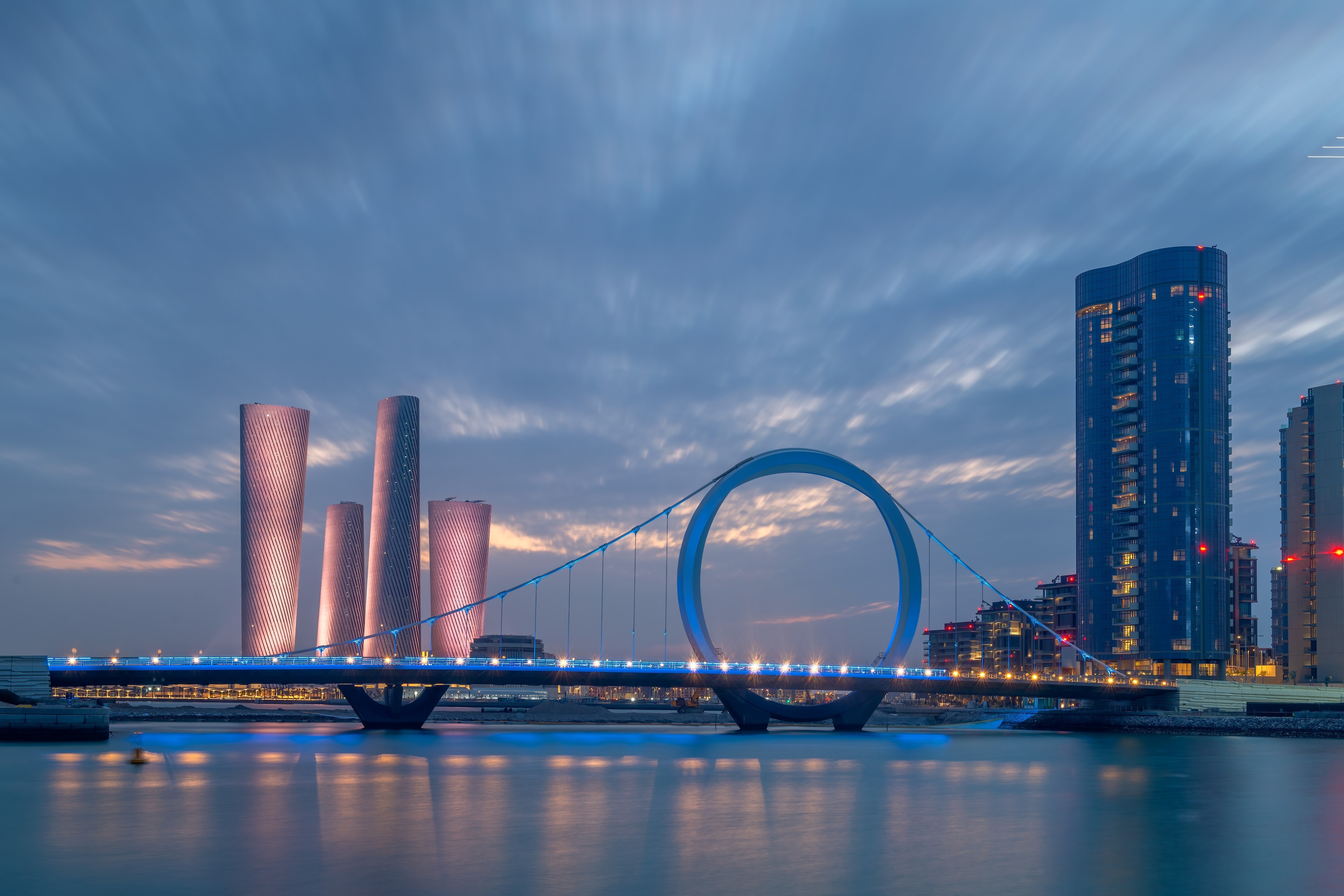This electric scooter company is hoping to change the future of transport
Gogoro hopes to push into European and Asian markets.
Image: REUTERS/Tyrone Siu
Stay up to date:
Sustainable Development
In the future, some transportation experts say, vehicles will no longer be individually owned. They envision a world of “fractional” ownership, in which autonomously driven taxis, operated by government or private entities, shuffle commuters around based on algorithmically optimized routes that respond to real-time supply and demand.
Proponents expound on the benefits: Wide adoption of shared vehicles will reduce congestion and also speed up the electrification of vehicle fleets when network operators, rather than individual consumers, dominate.
It can all sound inevitable—until you consider the emotional hurdles for drivers in giving up the experience of owning a vehicle. Especially in the developing world, where vehicle ownership can be a great source of pride and an important display of financial security, the fractional model may face significant roadblocks. And those countries should not be left behind: Developing, not developed, countries are projected to experience significantly higher rates of vehicle ownership in coming decades.
That’s why Horace Luke, HTC’s former chief innovation officer, co-founded Gogoro, a Taiwan-based startup that has put a new twist on fractional ownership. Gogoro sells electric scooters. Instead of encouraging shared vehicle ownership, the company has created a structure for sharing batteries.
“The idea was that somebody would actually have the ownership experience when it comes to buying the vehicle and a sharing experience when it comes to the battery,” Luke says.
A Gogoro customer who buys a vehicle gains membership access to a charging network. Rather than parking at a charging station to plug in, a scooter owner swings by a Gogoro station to swap depleted batteries for fresh ones. Locating stations and reserving batteries are all performed through an app.
The battery-swapping model lowers the cost of the scooters and reduces the number of batteries in circulation. It also has benefits that can’t be replicated by on-demand charging networks like the one Tesla is building for its cars. By keeping tabs on real-time battery demands, Gogoro can use algorithms to optimize where to distribute battery inventory and when to charge its batteries, taking advantage of lulls in utilities’ electricity demand to avoid paying high energy prices and over-stressing the grid.
“My vision was always about energy-swapping infrastructure. The necessity of building a vehicle was really just to prove that it can be done,” Luke explains. “Currently the average density in battery technology allows us to do two-wheel very well.” As batteries improve, he says, Gogoro’s model could expand to four-wheel vehicles or larger.
The Taiwanese startup may be onto something. In 2013, Tesla unveiled a battery-swap program for its Model S that quickly fell flat given the laboriousness of exchanging its large batteries. Last week, Electrek reported that it had filed a patent in May for a new compact battery-swapping machine that could possibly replenish a Tesla in less than 15 minutes. Rather than open it up to consumers, however, Tesla would likely restrict its use to commercial fleets.
Gogoro says it is already proving that consumer-level fractional battery ownership works. The six-year-old company has sold 30,000 scooters to date and operates a network of 415 battery-swapping stations in Tapei that service 8,500 customers per day. By the end of the year, it aims to achieve a density of one station per kilometer.
Gogoro’s success has spurred investor interest. On Sept. 19, the company announced $300 million in venture funding—its third major round—to scale its network worldwide. The investments came from a global roster including Al Gore’s Generation Investment Management, Singapore-based investment company Temasek, Japanese business group Sumitomo Corp., and the French multinational electric utility ENGIE.
The battery-share model has its challenges, including how charge capacity deteriorates over time. (This is why your smartphone runs on one charge for days when you first get it and barely holds a charge by the end of its life.) A brand-new Gogoro battery might power a scooter 100 kilometers (about 62 miles) on a full charge; over time it may only power the scooter 80. Once it hits a certain threshold, the battery needs to be removed from circulation.
Gogoro has plans to repurpose these batteries for other uses, including energy storage for buildings, rather than simply dispose of them. “We’re starting to work with large corporations to basically commercialize these ideas,” says Luke. The company hinted at investor Sumitomo’s ongoing partnership with Nissan to reuse its LEAF batteries.
With its fresh funding, Gogoro hopes to push into European and Asian markets. “Different markets have different needs and different conditions,” Luke says. In European cities, consumers may be more open to adopting a scooter-sharing model that would save the company on infrastructure costs. The company already operates this way in Berlin and Paris. In countries like Vietnam, Thailand, and Indonesia, “people look at scooters as a pair of shoes,” says Luke. “They got to have their own.”
Don't miss any update on this topic
Create a free account and access your personalized content collection with our latest publications and analyses.
License and Republishing
World Economic Forum articles may be republished in accordance with the Creative Commons Attribution-NonCommercial-NoDerivatives 4.0 International Public License, and in accordance with our Terms of Use.
The views expressed in this article are those of the author alone and not the World Economic Forum.
Forum Stories newsletter
Bringing you weekly curated insights and analysis on the global issues that matter.
More on Sustainable DevelopmentSee all
Elena Raevskikh and Giovanna Di Mauro
July 23, 2025
Vanina Farber
July 21, 2025
Ali Alwaleed Al-Thani and Santiago Banales
July 21, 2025
Goodness Esom
July 18, 2025
Robert Piper
July 17, 2025
Lisa Satolli
July 17, 2025





